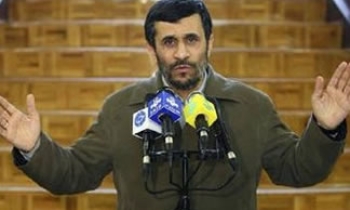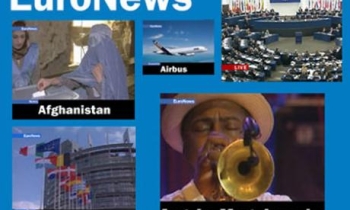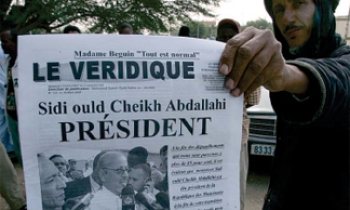At 9 p.m. in a dark Shenzhen parking lot, Dr. Bai Xiuyu handed over a plain envelope in what was supposed to be a discreet blackmail payment to a local reporter in this southern Chinese city.
The money in the envelope – 15,000 yuan, about $2,000 (all figures U.S.) – was to be paid to three reporters who'd threatened to go public with a story saying her health clinic was providing services it was not certified to perform, including abortions.
But hidden in the doctor's car, the Shenzhen bureau chief for the Southern Metropolitan Daily was recording the transaction on his cellphone camera.
The bureau chief, Gou Hua, was conducting a sting operation on the bagman – a 29-year-old newcomer to his bureau.
Journalists and local officials say Chinese reporters are demanding hush money with increasing regularity – from government agencies as well as businesses – in exchange for their silence on damaging or embarrassing stories they've uncovered.
"It's very, very frequent," says Ma Yunlong, an editor at the Henan Business News when it exposed an instance of extravagant extortion in central Henan province in 2005.
Ma says the case involved 480 reporters and others pretending to be reporters who asked for "shut-up fees" to keep news of a mine flood out of the public eye.
In many ways, blackmail journalism has grown naturally out of a system in which Communist party censors rigorously control the news, barring reports that could be seen as unfavourable to the party or contrary to one of its political goals.
If the ruling party distorts the news for political reasons, blackmailing reporters have concluded, why shouldn't we do it for financial reasons?
In addition, local party officials, long used to manipulating information, have been complicit in the payoff system when it suits their needs.
In the everybody-does-it atmosphere, even non-reporters have found ways to get in on the take by posing as journalists.
After the August 2005 mine disaster, for instance, reporters and their friends in Henan province dispatched a flurry of cellphone messages as soon as they heard the news because they knew local officials would be eager to hush it up.
By the time Henan Business News reporter Fan Youfeng arrived at the mine, local officials told him they'd paid off so many journalists – real and fake – that their coffers were empty.
Over several days, the extortionists reportedly carried away more than $25,000.
Encouraged by editor Ma, Fan wrote a story on the payoffs, quoting local officials and citing a list signed by those who got the cash. But then, an official from the central government propaganda department visited from Beijing and accused Ma of publishing an "inappropriate" and "false" story.
Ma says publication of the Henan Business News was suspended for a month and he was forced to retire. The final death toll at the mine, he adds, was never reported.
Shenzhen journalists say reporters and editors also regularly receive payments from business owners and officials in exchange for publication of favourable articles.
The practice is encouraged, they say, by a system in which reporters are also responsible for selling advertising and subscriptions to the institutions and businesses they cover.
The payoffs have become so accepted that a reporter who showed up at a recent news conference called by an Internet software company here complained loudly and walked out when he discovered he would be given only a bottle of mineral water, according to other reporters present.
"I would say there are problems in the Chinese media world," one of them commented.









